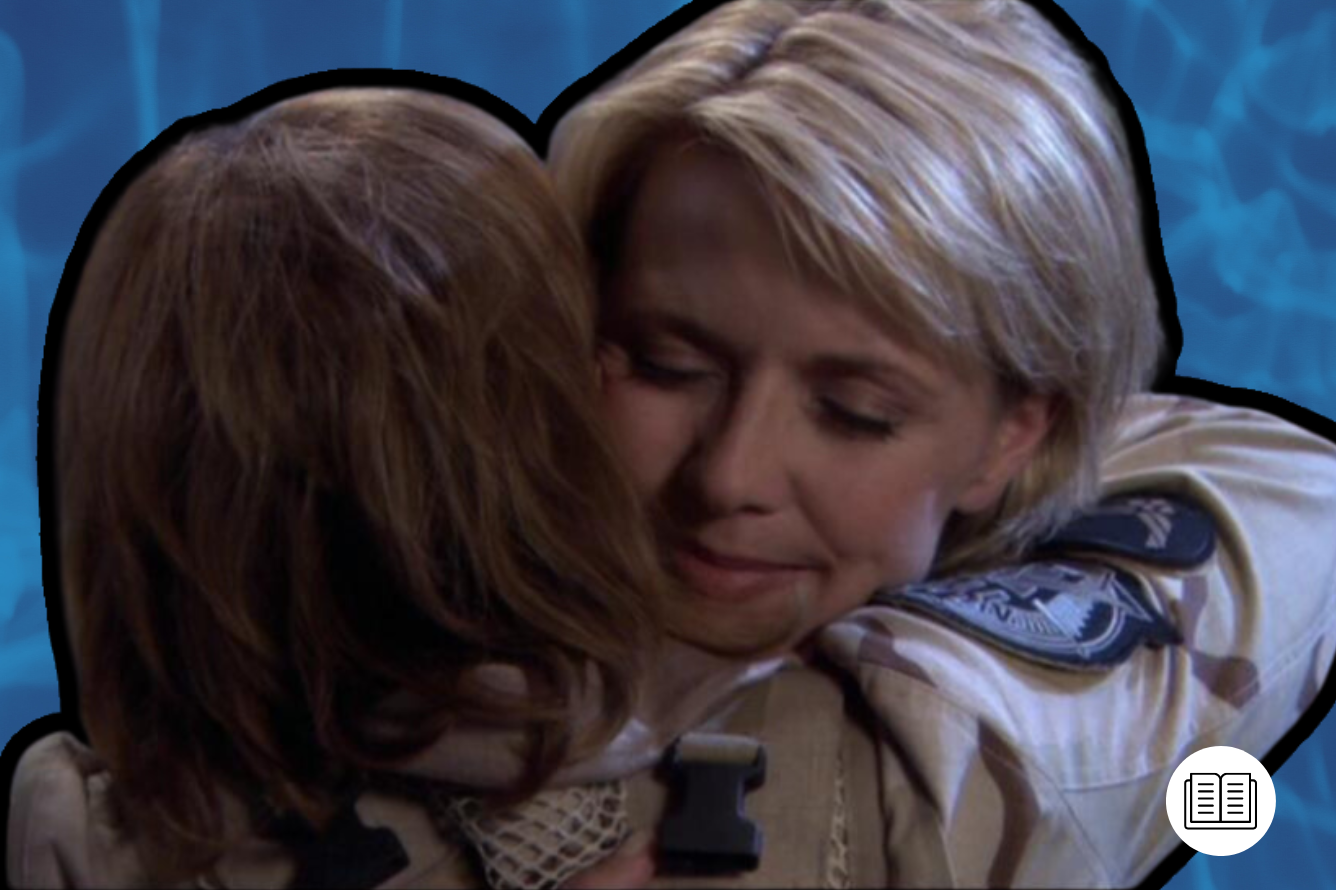Stargate | ‘Ripple Effect’ is SG-1’s Thank You to the Fans
A multiversal epic filled with references to roughly 25 earlier episodes, ‘Ripple Effect’ is Stargate SG-1’s true “love letter to the fans.”

A multiversal epic filled with references to roughly 25 earlier episodes, ‘Ripple Effect’ is Stargate SG-1’s true “love letter to the fans.”